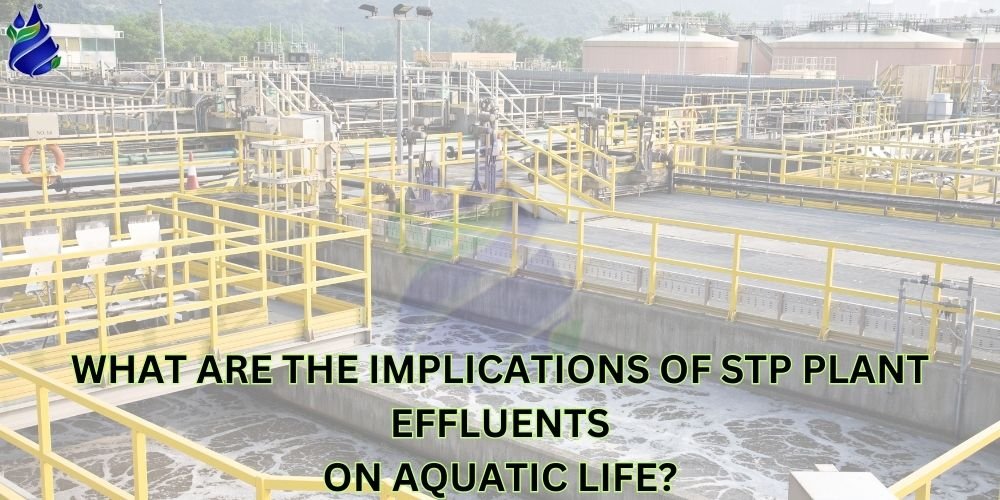
Introduction
Freshwater is a vital resource for human survival and is necessary for maintaining life on Earth. It aids industrial processes, agriculture, sanitation, and drinking needs. Additionally, a variety of plants and animals can be found in freshwater environments, which promotes biodiversity and ecological equilibrium. Ensuring food security, preventing waterborne illnesses, and promoting economic growth all depend on having access to clean freshwater. Freshwater supplies are under threat from pollution, climate change, and expanding populations, which highlights the need for conservation and sustainable management to protect this limited resource for present and future generations.
But at present, water pollution is still a major problem in the world today, and it comes from a variety of sources. Water bodies are heavily contaminated by industrial discharge, plastic debris, untreated sewage, and agricultural runoff that contains fertilizers and pesticides. Aquatic ecosystems, animals, and human health are seriously threatened by chemical contaminants, heavy metals, and microplastics. Furthermore, toxic algal blooms brought on by nutrient pollution lower oxygen levels and create dead zones in streams. Inadequate wastewater treatment and careless dumping continue to worsen water pollution despite laws and conservation efforts. To solve this serious environmental issue, we need to take coordinated action, enforce strict legislation, and raise public awareness.
What to Do to Prevent Water Pollution?
As early discussed, water is the basis of the survival of humans but still, we need to figure out how we can save water from pollution so that we can use it in future as well to remain healthy. Therefore, below are mentioned some of the points that talk about the different methods of water purification, although they too have negative effects on water treatment plants those can be ignored:-
- Cultivated Sludge Plants: ASP comprises aeration tanks where microorganisms decompose organic materials as a part of secondary treatment in STPs. Next, the treated water is separated from the active sludge.
- Trickling Filter Plants: A different kind of secondary treatment used in STPs, trickling filters encourage the growth of microorganisms by using a bed of rocks or artificial media. As wastewater percolates through the media, microorganisms in the water filter out impurities.
- Sequential Batch Reactors: Aeration and settling take place in the same tank in a sequencing batch reactor (SBR), allowing STPs to undergo sequential treatment cycles.
- Membrane Bioreactors: Produce high-quality effluent for STPs by combining biological treatment and membrane filtration. MBRs work by utilizing a physical barrier to keep microorganisms out of treated water.
- Chemical Treatment Plants: Used in ETPs, chemical treatment purges industrial effluents of impurities, heavy metals, or particular pollutants using procedures like coagulation, flocculation, and precipitation.
Implications of STP or sewage treatment plants plant effluents on aquatic life
If you have a question about how does sewage affects aquatic life then let us tell you that sewage Treatment Plant (STP) effluents have a major effect on aquatic life. High effluent nutrient levels, especially those of nitrogen and phosphorus, cause eutrophication, which lowers oxygen levels, promotes excessive algal growth, and creates dead zones. Fish and other aquatic life depend on oxygen, and this causes mass die-offs. Moreover, bacteria, medications, and chemicals that damage aquatic animals' health and ability to reproduce may be present in STP effluents. The effect of sewage discharge in water bodies includes deleterious effects including altered hormone levels in wildlife, genetic mutations, and disturbances in the equilibrium of the environment, highlighting the vital need for strict effluent treatment to protect aquatic ecosystems.
Conclusion
Our company, Trity Enviro Solution, is based in Ghaziabad and produces a variety of treatment facilities. We take great satisfaction in offering dependable and trustworthy services. We are manufacturers of water softening plants, commercial RO plants, industrial RO plants, sewage treatment plants, and effluent treatment plants. We have built a solid reputation by helping numerous commercial and industrial firms set up their treatment facilities with the help of our dependable and trustworthy service. In any case, please get in touch with us at enquiry@trityenviro.com or +91 9821030072 if you or someone you know is interested in putting up any of the treatment plants mentioned above. Our commitment is to deliver the best service at the best possible price to you.


